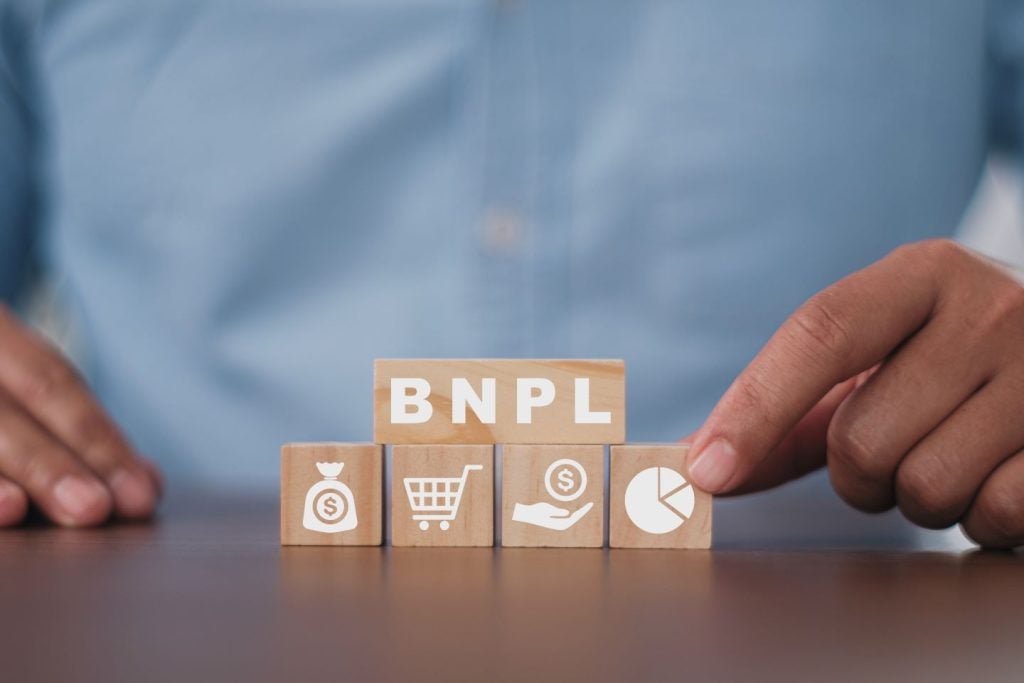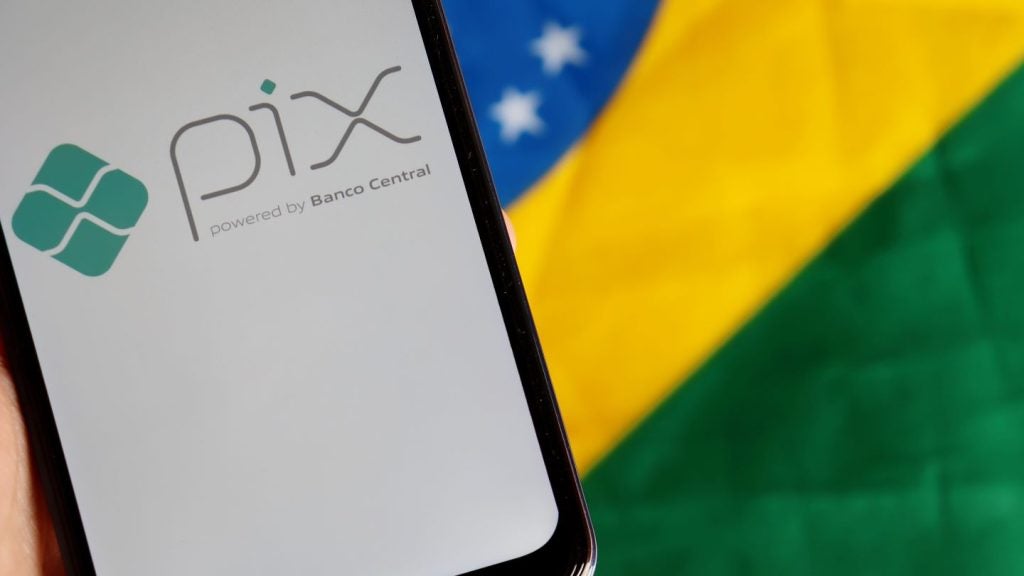Instant payments are a direct threat to card-based payments infrastructure, albeit only within the markets where instant payment systems are available. Sam Murrant, Senior Analyst, Payments GlobalData, writes
The payments discourse in the last few years has focused on the big buzzword technologies: AI, blockchain, biometrics, the Internet of Things. However, the most transformative technology for payments in 2020 will not be any of those, but instead instant bank-to-bank payments systems.
The ability to send money in real time between bank accounts has obvious applications for remote payments, and many popular online and P2P payment services in the developed world rely on these systems to underpin their fast, cheap domestic transfers. However, the real prize is electronic payments at the POS, long dominated by cards.
Instant payment systems can offer much lower processing costs than cards, making them attractive to merchants – and they can also offer functionality (such as P2P payments) and settlement speed that card-based payments can’t match, making them attractive to consumers. These factors make instant payments a direct threat to card-based payments infrastructure, albeit only within the markets where instant payment systems are available.
Threat to card payments
Visa and Mastercard are already well aware of these existential threats to the business model on which they have relied for decades, and have made moves to buy companies and invest in technologies to retain relevance as instant payment become more popular and prevalent.
Mastercard, for example, took the opportunity to buy instant payments infrastructure specialist VocaLink back in 2016 – the company has since gone on to help build numerous instant payment systems.
How well do you really know your competitors?
Access the most comprehensive Company Profiles on the market, powered by GlobalData. Save hours of research. Gain competitive edge.

Thank you!
Your download email will arrive shortly
Not ready to buy yet? Download a free sample
We are confident about the unique quality of our Company Profiles. However, we want you to make the most beneficial decision for your business, so we offer a free sample that you can download by submitting the below form
By GlobalDataInstant payments has already proven itself in the US – one of the last developed markets to adopt the technology – as shown by the popularity of the Zelle P2P payments service. Zelle is built on a private instant payments system maintained by Early Warning Services, a joint venture owned by major American banking brands. It does not cover all US banking brands, but it has already overtaken Venmo in terms of number of transactions.
A step forward
The biggest step forward made in 2019 for instant payments, though, was the development of TIPS, a cross-border instant payment system based on the SCTInst infrastructure. It only allows for transfers between participating banks within the Eurozone, but it represents a step outside of domestic payments markets for these systems.
TIPS has already set its sights on disrupting POS payments, and if it can build enough of a user base via P2P, it will be able to make a strong case for merchant acceptance based on its much lower cost per transaction than card-based payments.
The difficulty in making these systems a true challenge to the card-based infrastructure that dominates the cross-border payments market, though, is in making them interoperable with one another. Once that starts to happen, the card-based infrastructure will rapidly fade into the background. In the immediate term, these systems will continue to build domestic momentum, leading up to challenging the card schemes at the point of sale.







